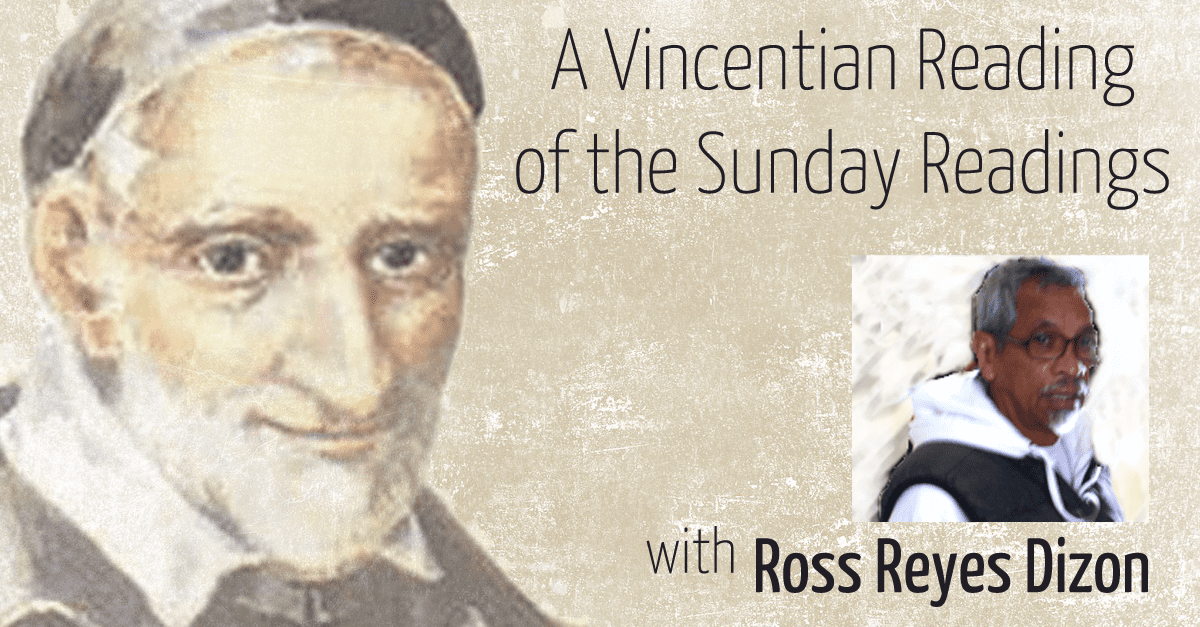Jesus is the fullness of revelation. Meeting him, we meet God. We also meet ourselves, for he lays bare the thoughts of our hearts. But we must welcome him first.
The presentation of Jesus in the temple means the meeting of God’s Anointed with his people. And his coming to the temple shows who receive him and who do not.
The priests show no interest in meeting Jesus. They are caught up in performing rites, in doing their thing. And they find fulfillment in what they are and do, and in the power and privilege that come with it. What else is there, then, to look and hope for? So, they hardly notice him among the many temple-goers. He is even less noticeable since his parents only offer a pair of turtledoves.
The scribes and the Pharisees do not welcome either the desire of the people. They like studying the law in depth, and teaching it, more than meeting and holding babies. Earlier, they and the chief priests let Herod know the birthplace of the Messiah, but did they go to find him? They did not lift a finger then; they have no reason to look for him now.
Only Simeon and Anna see Jesus as the Messiah. Both have grown old waiting for the hope, consolation and liberation of Israel. They are among the poor of Yahweh, people of simple faith (see also SV.EN XI:190; SV.EN XII:142). God gives them the knowledge that God hides from the wise and the self-satisfied. And they are righteous and devout, and they live by the Spirit of God
Meeting Jesus makes us know ourselves better.
We Christians, of course, would like to think that we are on the side of Simeon and Anna. But are we really? To know our true selves, we turn to Jesus, for he shows us the thoughts of our hearts.
Standing before him, we find out if we are as self-emptying as the one who is like us in every way but sin. Or if we are only about ourselves and our own interests. Are we as welcoming of others as he is, even of the stray? Do we care for those he cares for, for the least of his brothers and sisters? And, particularly today, for the children and the immigrants? Staring at us, he brings to light the contradictions, lies, dark thoughts and prejudices that hide in our hearts.
And we should carefully look into ourselves before eating of his bread and drinking of his cup (1 Cor 11, 17-33). For if we eat and drink without discerning the body, we eat and drink judgment.
Lord Jesus, who can stand at your appearance and meeting with us? But with you is forgiveness. Refine and make us clean so that we may offer pleasing sacrifice.
2 February 2020
Presentation of the Lord
Mal 1, 1-4; Heb 2, 14-18; Lk 2, 22-40








0 Comments